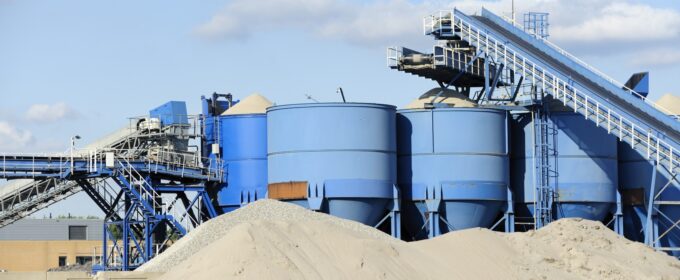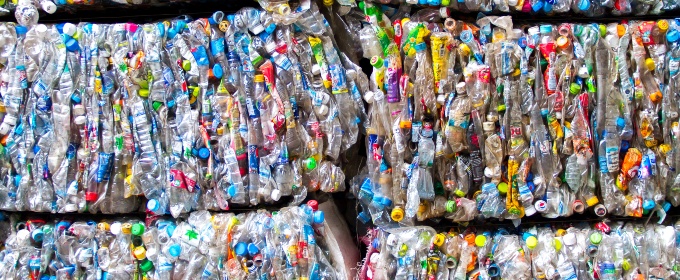Decarbonising industry, among other hard-to-abate sectors, is a high priority in the UK as the country embarks on a pathway to net zero greenhouse gas emissions by 2050. The government’s focus to date has been on the decarbonisation of large-scale energy-intensive industries. However, more than a fifth of the UK’s carbon dioxide emissions come from […]









